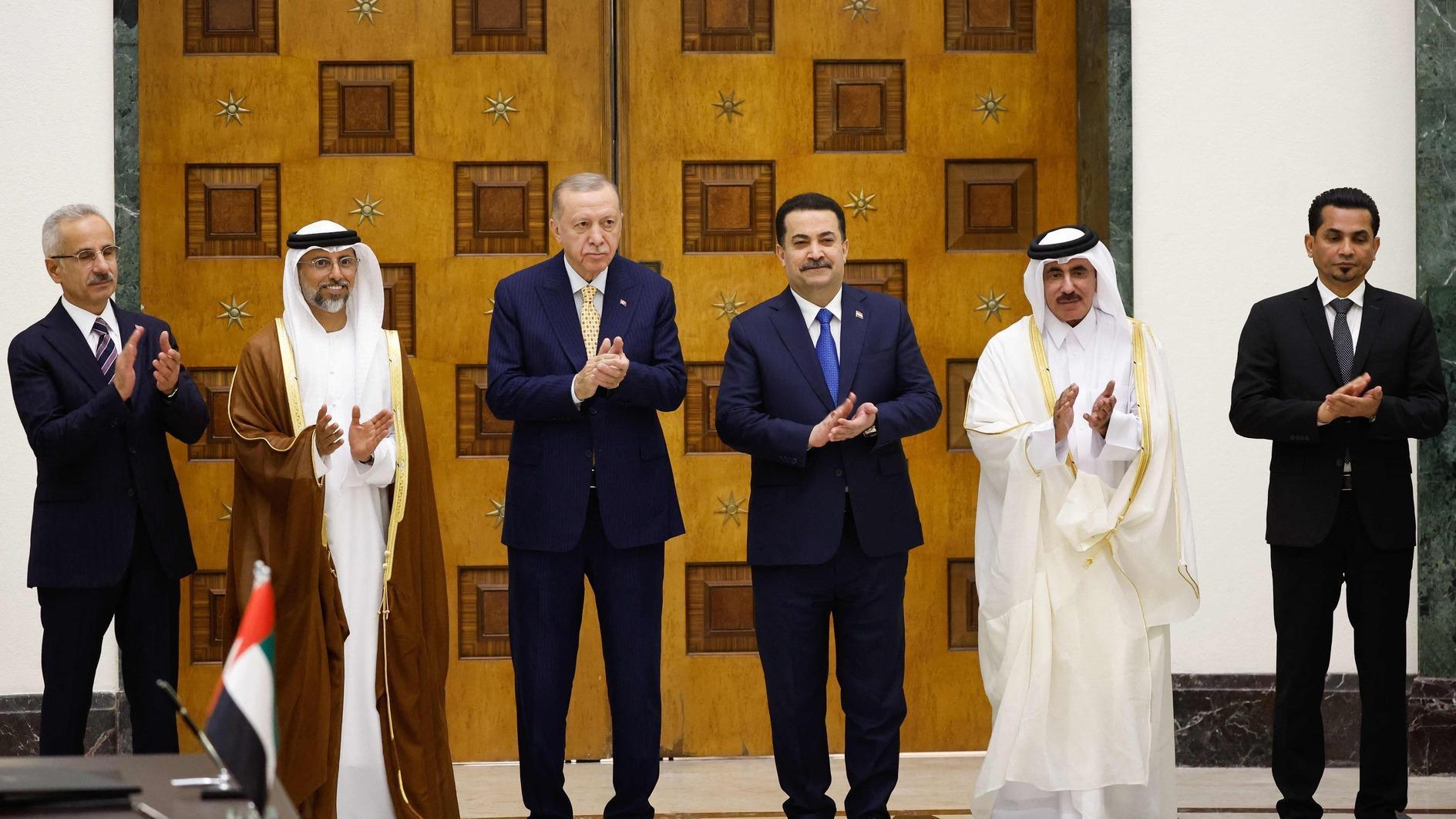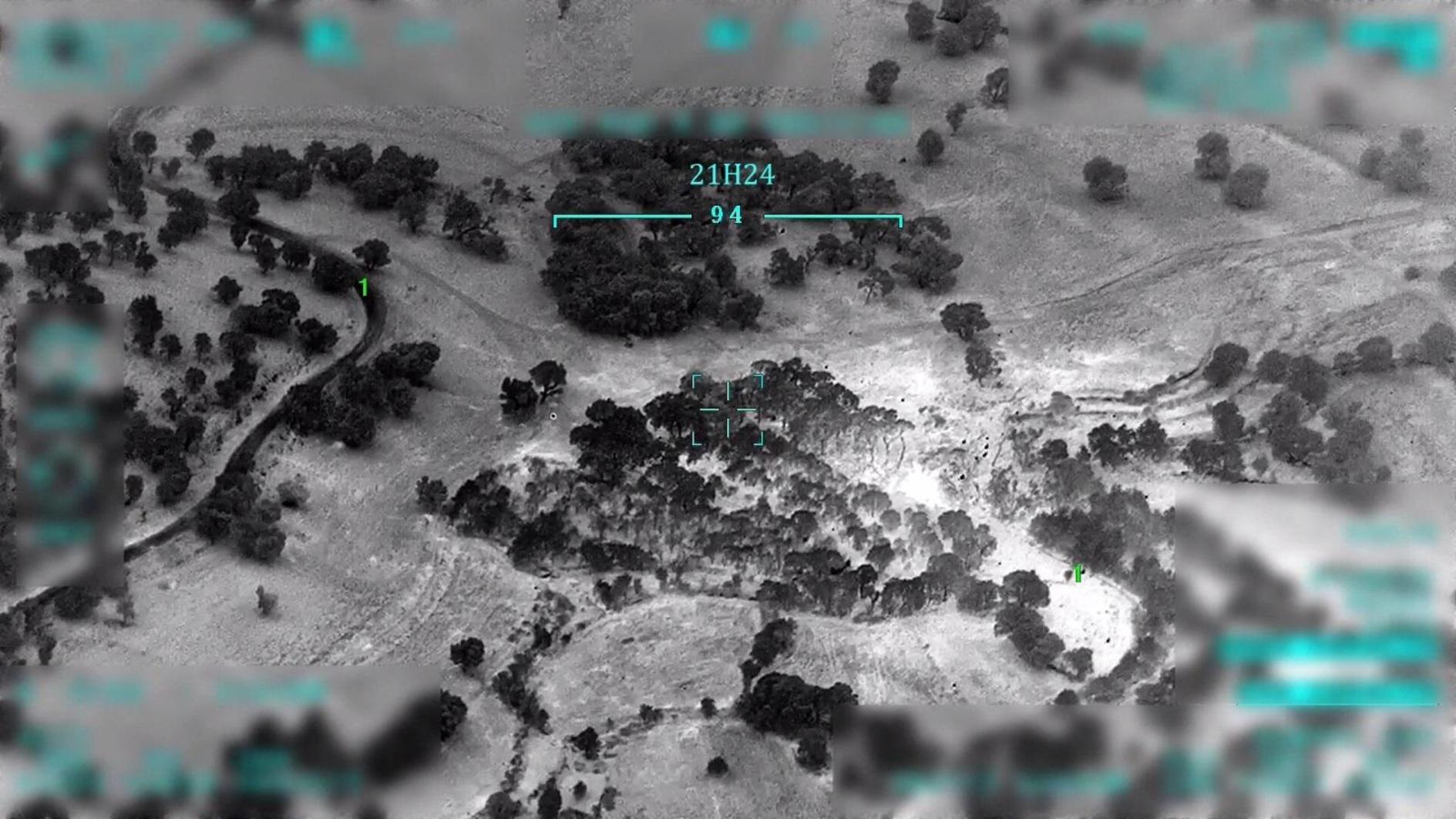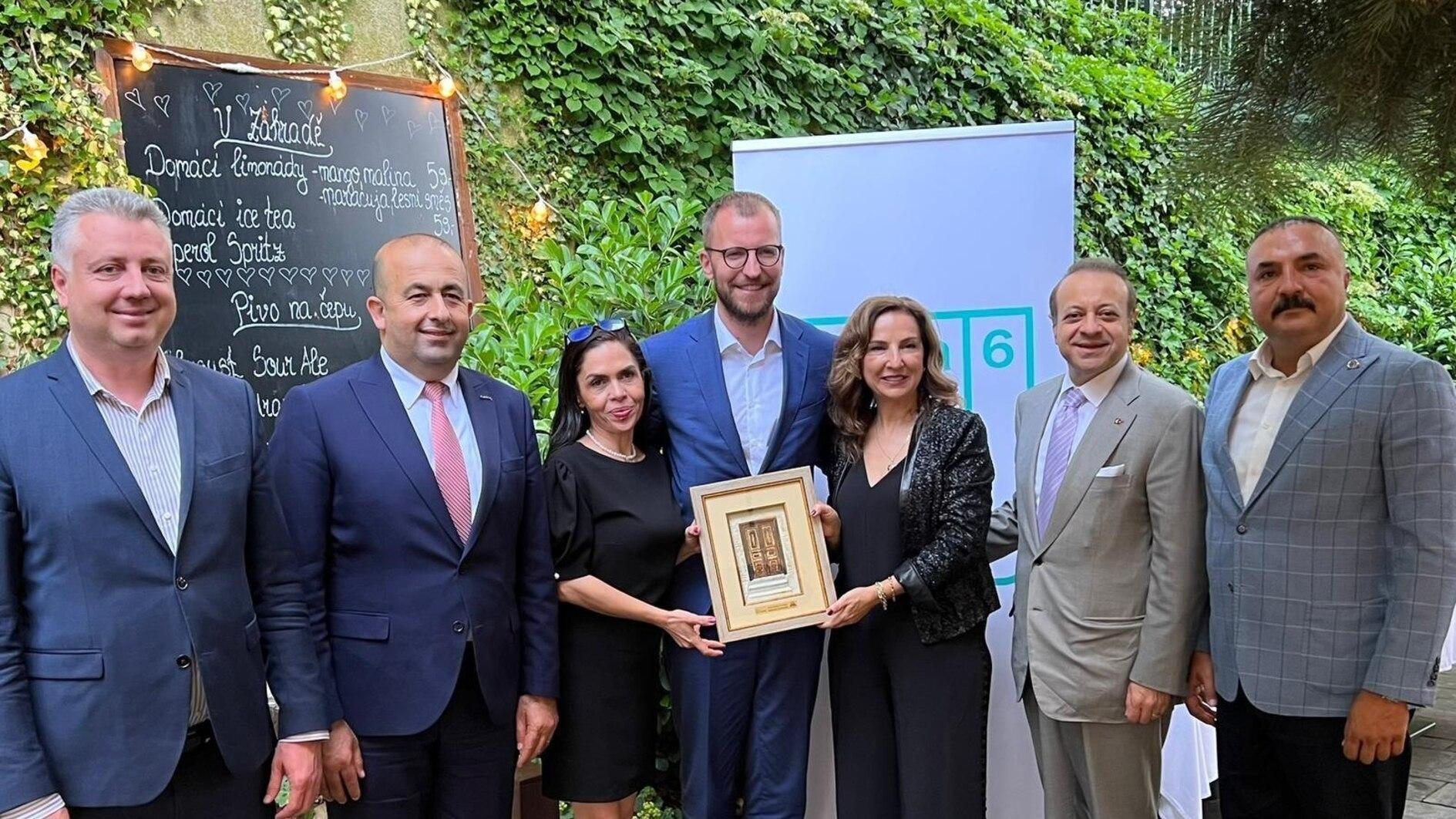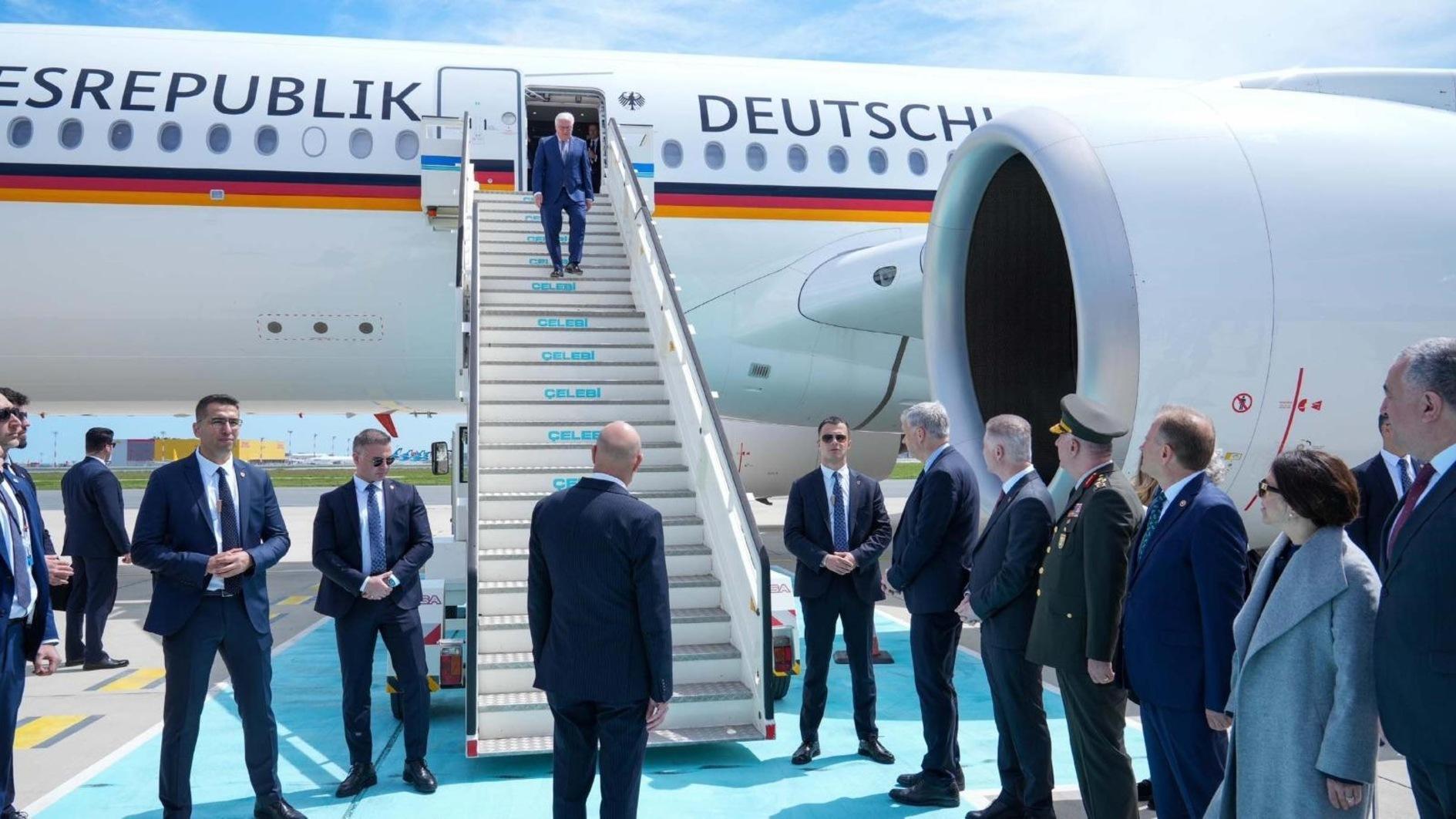Turkey under siege?
All of us in Turkey are remnants of an empire that crumbled at the turn of the last century. I was born in Bursa, in western Turkey. My mother’s Tatar ancestors came to Bursa from Romania during the Balkan Wars. My father’s Circassian ancestors came to Elazığ from the Caucasus just before the turn of the century. Both had been driven from their homes by the advances of the Russian Empire. They knew what it was like for their country to be under siege. They had felt it all their lives.
In a speech this week, President Erdoğan tapped into that feeling of siege. Turkey had to fight back against powers encircling it, he said, because “not fighting back will take us back to Sèvres.” Everyone in Turkey – from street thug to corporate warrior – knows what Sèvres is, and no, they won’t be thinking of a Paris suburb. “Sèvres” was one of the treaties that came out of the Paris Peace Conference of 1919 to end World War I. While the Germans signed the treaty of Versailles, binding them to brutal reparations to the allies, Turkey was handed the treaty of Sèvres, dividing the country between the victors except for a small part of inner Anatolia. And while the Germans accepted (for the time being) the treaty their government signed, Turks did not, and thus the War of Liberation began. By 1923, Sèvres was extensively revised by the Treaty of Lausanne, setting more or less, Turkey’s current borders. Sèvres was the only revision of the Paris Conference, and it happened thanks to Mustafa Kemal Atatürk and his brothers in arms. Lausanne created Turkey. Lausanne was signed in July 1923, and the Republic of Turkey was established in October 1923.
I distinctly remember 1973, because that was the 50th anniversary of the republic, and Turkey opened its first bridge over the Bosphorus that year. I still feel the pride and joy. In 2016, a third bridge over the Bosphorus and the underwater Eurasian tunnel were opened. The inauguration ceremony for the latter was held just last week, on Dec. 20. At 5.4 kilometers in length, the Eurasia tunnel is the seventh longest underwater tunnel in the world. Those are significant accomplishments. Yet there is a dark cloud hanging over us that robs the joy out of it. It’s not like 1973.
Could it be that Turkey was a sleepy, little agrarian country back then? Per capita GDP back then was just 688 dollars, nothing compared to today’s 11,000. Now Turkey is a mid-tech industrial country, infinitely more connected to the world, and a strong part of global value chains. The share of exports in GDP has far surpassed 1973’s 7 percent and was around 28 percent in 2015. Fifty percent of exports were agricultural products back in 1973, and now 80 percent of exports are industrial products. Turks have learned the craft of managing balance sheets successfully under a floating exchange rate regime in the past 15 years. This has made Turkey both more open to global fluctuations and an integral part of the global economy. Considering that Turkey has no significant petrochemical deposits and a chronic savings deficit, it is impressive how far it has come.
So why don’t we feel joy and pride this time around? And no, it’s not necessarily a question of domestic politics. Yes, the more conservative part of society is in power, but I don’t think they are enjoying our recent accomplishments either. Conservative and secular newspapers and TV channels alike rave about dark plots and global conspiracies against the people 24/7. Nobody is having a good time, and the only thing capable of expressing their feelings seems to be comparisons to World War I and Sèvres. The sense of encirclement by foreign, this time unseen, powers. President Recep Tayyip Erdoğan is only reflecting that anxiety.
Just think of the developments of the past week. On Dec. 19, the Russian ambassador to Turkey was assassinated by an active Turkish police officer. On Dec. 20, the Eurasian tunnel was opened. On Dec. 21, 16 Turkish soldiers in al-Bab, Syria, were killed. On Dec. 22, a graphic video of Turkish soldiers barbarically being executed by ISIL surfaced. Meanwhile, Turkey is still investigating the fanatic network that infiltrated its public and private institutions. It is doing so under a state of emergency. At the same time, a draft law for a new constitution introducing a presidential system is under discussion in parliament. There’s little time for pride and joy, and plenty of sources for fundamental uncertainty.
Turkey now needs a strong economy to manage this sense of siege, if you ask me, and that requires a strong reform program. How that will materialize remains uncertain.











